11 Minutes
Core Stage, Startup Fair Vilnius — A packed room, bright lights, and a panel that felt less like a panel and more like a generational handover. Under the moderation of Arvydas Bložė of Practica Capital, three under-25 builders laid out how the AI-first generation is collapsing barriers to entry, choosing speed over ceremony, and treating company culture like software that ships early, improves often, and learns in public. On stage: Kristijonas “Chris” Šidlauskas of Sintra.ai, Jonas Bartašius of Based Space, and Augustė Brukštutė of Alcemi.
Below is a deep, standalone report of the conversation that captures the ideas, tensions, and practical playbooks this cohort is using. It is organized with clear headers for readability and search.
Part 1 — Context, Mindset, and Why AI Is the Inflection
A panel about a shift, not a trend
Bložė opened with a candid observation: working closely with founders a decade or more younger than himself revealed a fundamental change in posture. The older playbook was optimization and risk management. The new playbook is exploration and fast iteration. That set the frame: stop telling this generation what to build, start listening to how they are building.
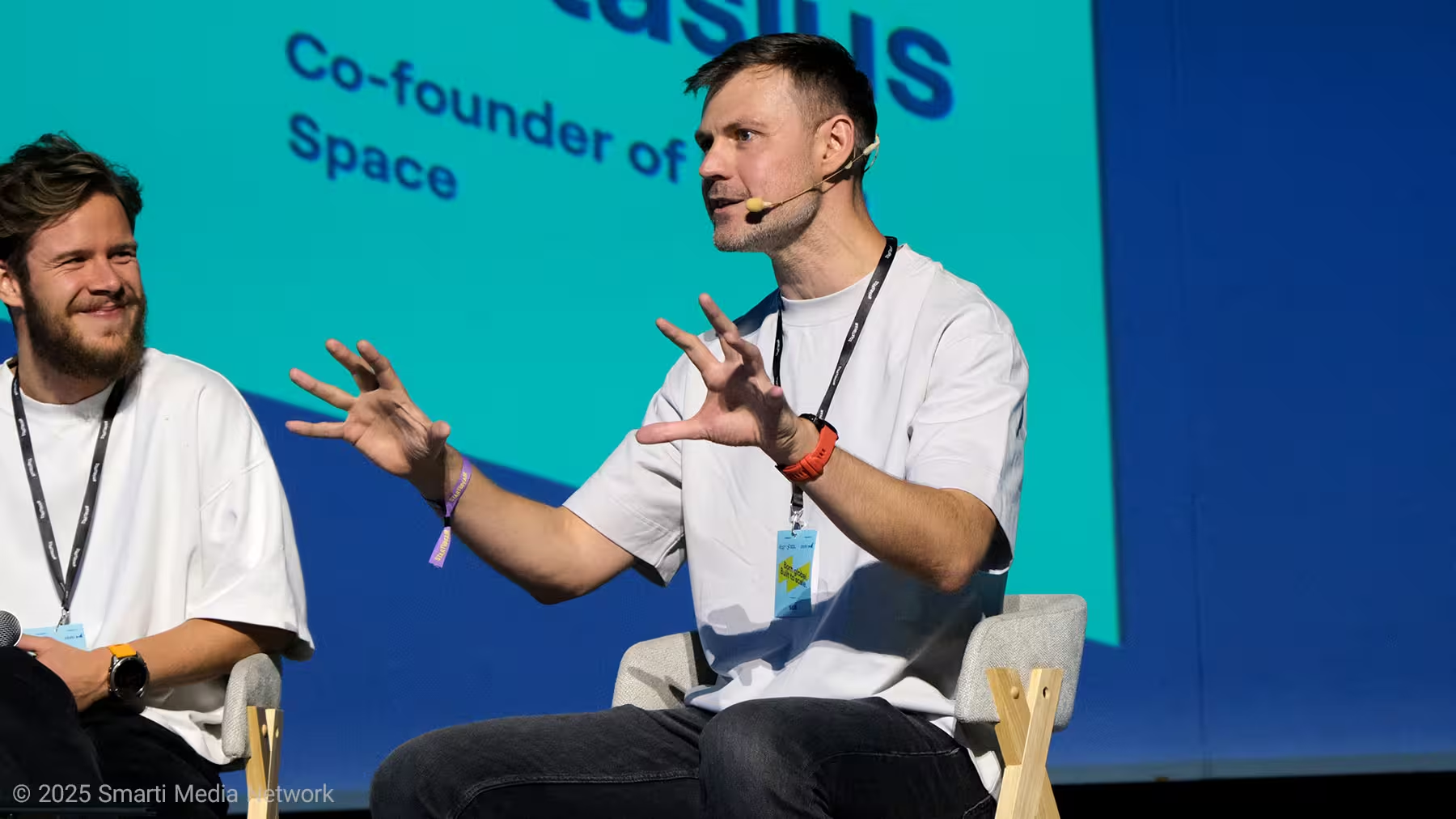
What brought these founders here
Augustė positioned AI as a universal on-ramp. It lets non-technical and underrepresented founders learn on demand and tackle bigger, messier problems, because the cost of learning and trying is now near zero.
Chris admitted he never liked rules and wanted to create his own reality. The appeal of AI was that it amplified a doer’s bias. With a laptop and a 20-euro subscription, you can move from idea to prototype in hours.
Jonas came from performance marketing competing against US brands. Day one was global by necessity. That exposure hardwired a standard: benchmark against the best anywhere, not the nearest.
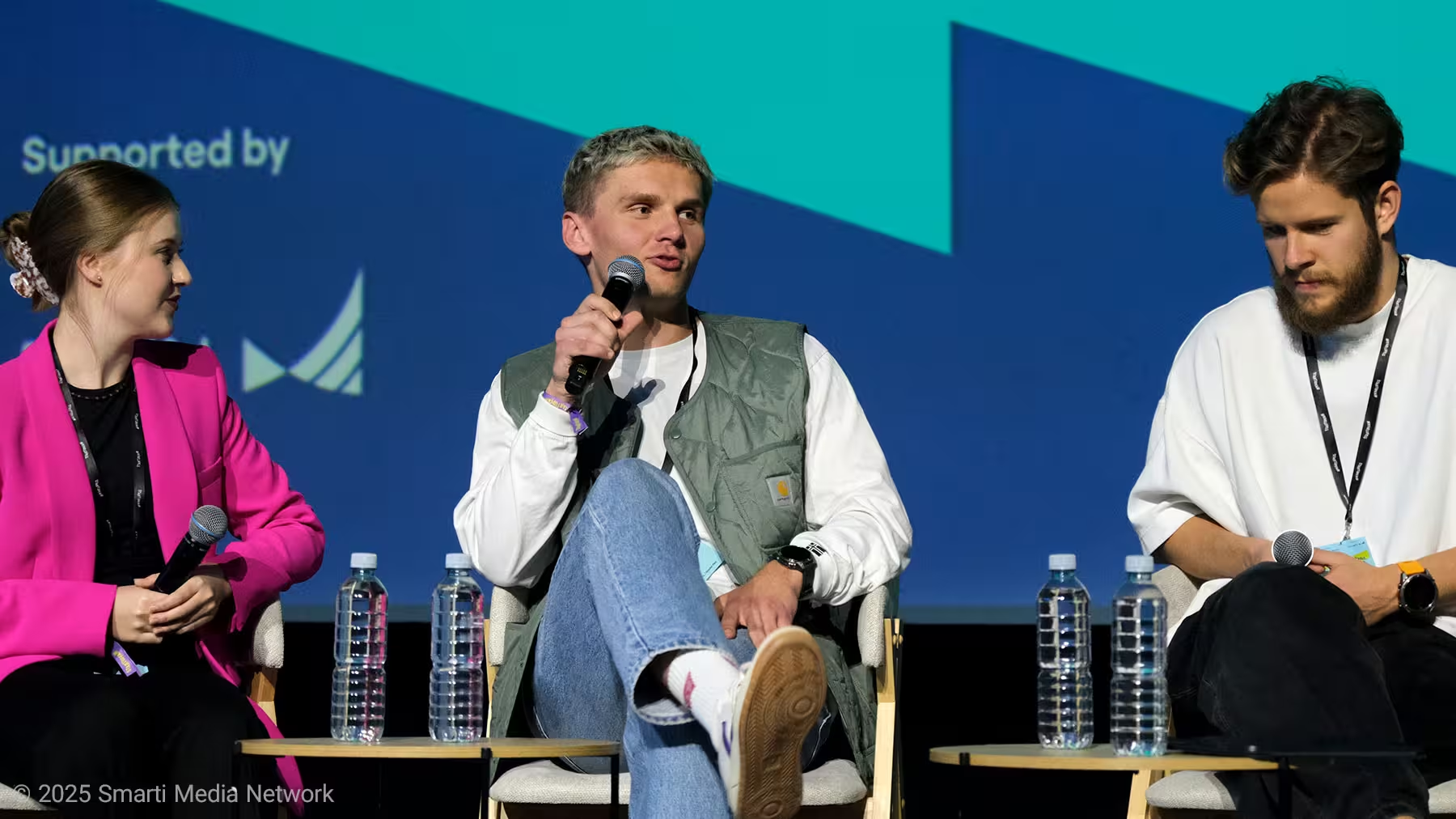
Why AI is a once-in-a-generation chance
The panel converged on three structural shifts:
Lower barriers to entry
AI compresses the distance between curiosity and capability. Search used to give answers, now AI gives working drafts, scaffolds, and code that compiles. That widens the funnel of credible founders and lets small teams punch above their weight.Speed becomes the moat
The cost of validation fell so far that time to first experiment is now the differentiator. Teams that ship, watch, and refactor in short cycles will outlearn and outpace teams that debate.Software itself is changing
Jonas pointed out that systems are moving from strictly deterministic to context-driven. Products will feel more adaptive and ambient, pricing will reflect model cost curves, and product work will include prompt design, tool orchestration, and evaluation pipelines. You can no longer set product once and lock it. You must measure, steer, and retrain.
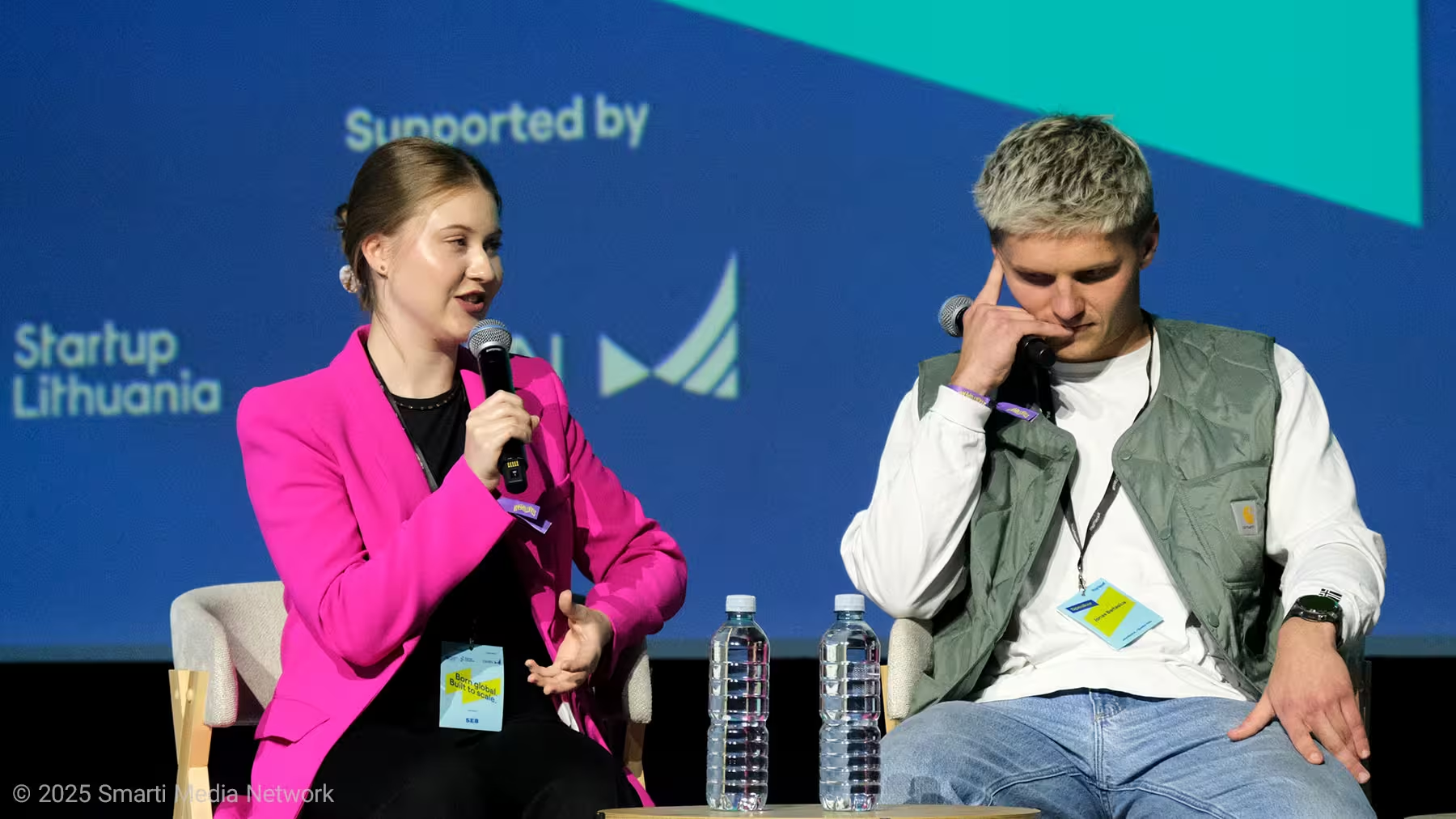
Global from the first commit
With Lithuania’s domestic market small by design, building in English and selling abroad is not a growth hack, it is the default. That has two practical consequences:
Messaging and UX are built for international users from day one.
Benchmarks, hiring bar, and pricing are set against global competitors, which disciplines execution.
Rethinking Culture: Flat on purpose, feedback as a system, play as strategy
From hierarchy to runway for initiative
The panel sees culture as a production system, not posters on a wall.
Flat by intent: Senior hires from large companies often expect titles and career ladders. The founders accept the need for clarity, but resist layers that slow initiative. In a flat model, roles and decision rights are explicit, yet anyone can ship if they carry the context.
Feedback as a product loop: Arvydas distilled a lesson repeated throughout the event. Speed is only an advantage if you are wired for correction. Some teams are literally appointing a feedback owner who aggregates signals from users and the team, closes the loop weekly, and translates learning into the backlog.
Play is not a luxury: Chris called it out explicitly. Exploration and play create surface area for discovery. That includes hiring and projects. Try, ship, offboard, and recompose quickly. Treat bets like features, not forever structures.
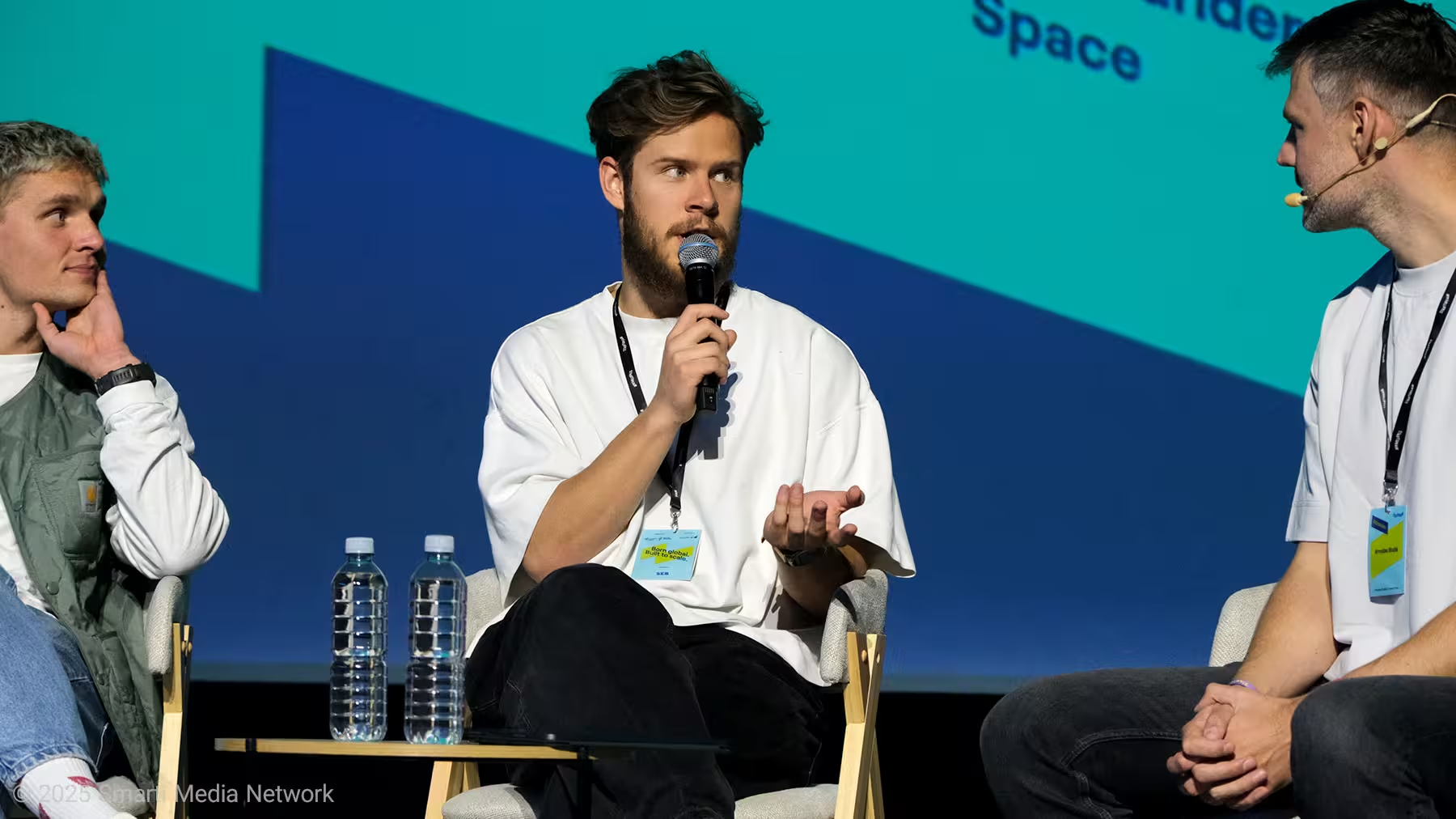
Process over posturing
Jonas offered a useful mental model: in work we chase a state, not just an outcome. If you optimize for process quality, user value, and team energy, results follow. If you optimize for optics, you get motion without meaning. That is why this cohort talks so much about cadence, not ceremonies.
A concrete practice that changes behavior
Augustė shared a small rule with big effect: before interrupting a teammate, ask the model first. Defaulting to AI for initial help reduces context switching in the team and trains everyone to self-serve knowledge, which compounds over time.
Inclusion is a design choice, not a press release
AI as an equalizer for underrepresented founders
Because learning costs less and the first versions can be stitched together with models and low-code, the traditional gatekeepers matter less. For women in tech, that is real. Remote-first work and AI-augmented workflows remove several old barriers.
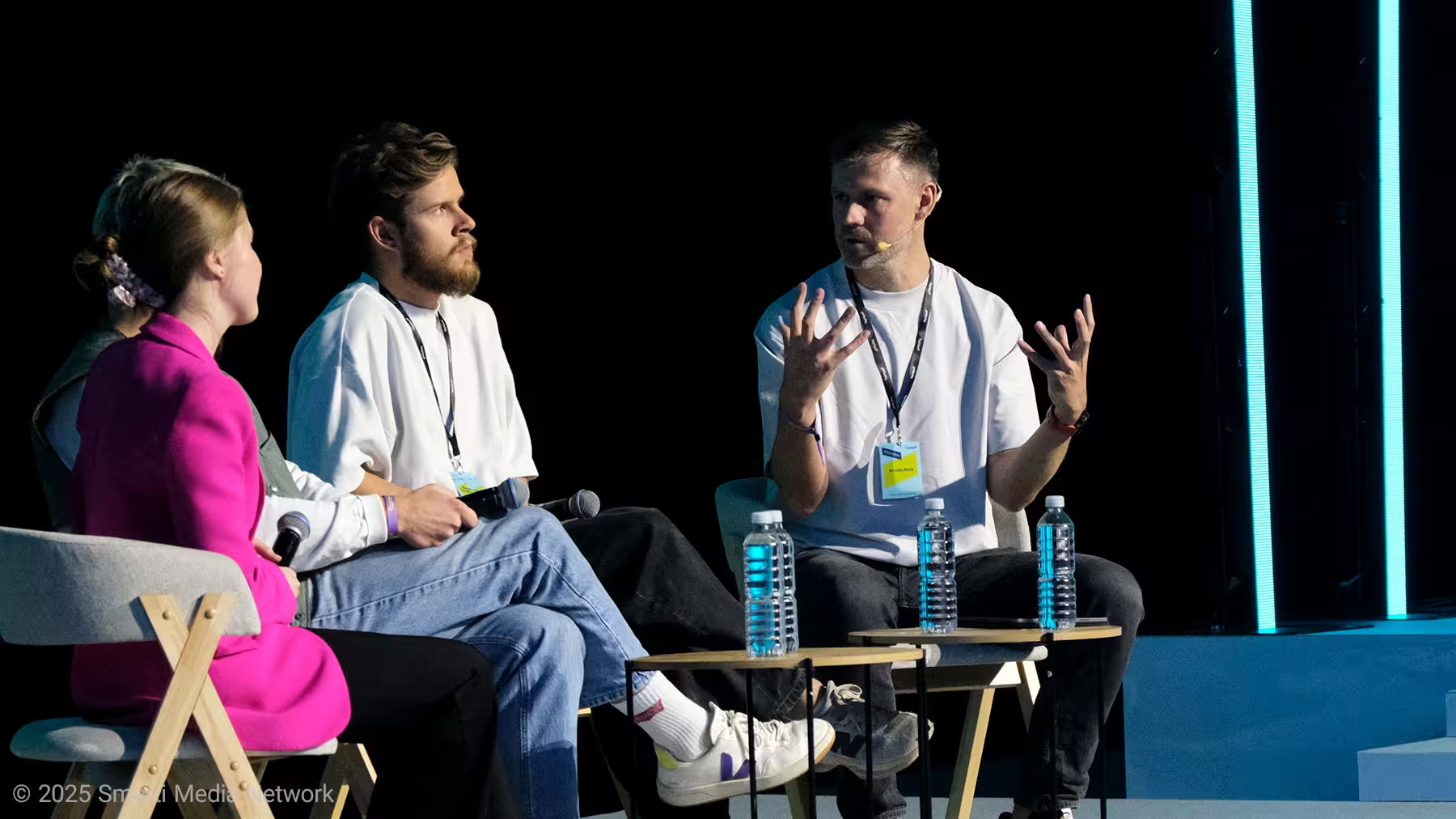
Hire for learnability, not pedigree
Two signals matter to this generation:
Intrinsic curiosity: eyes that light up, a track record of teaching oneself and shipping.
Nine to six with intention: long focused blocks that make visible progress. Not performative hustle, but endurance.
If you have these two, the rest can be taught, often with AI in the loop. If you have only pedigree and deference to hierarchy, you will likely struggle in a high-feedback, high-speed environment.
Rules, institutions, and the limits of rebellion
A healthy tension surfaced:
Chris pushed against rules that force creative people into the wrong shapes.
Jonas reminded the room that strong institutions are why countries succeed. The answer is not rulelessness. It is owning the responsibility to rewrite rules that no longer fit reality.
Jonas’s three words for a durable ecosystem landed well with the audience: respect, gratitude, willpower. Respect for the people and systems that got us here. Gratitude for the platform they created. Willpower to build the next layer without waiting for permission.
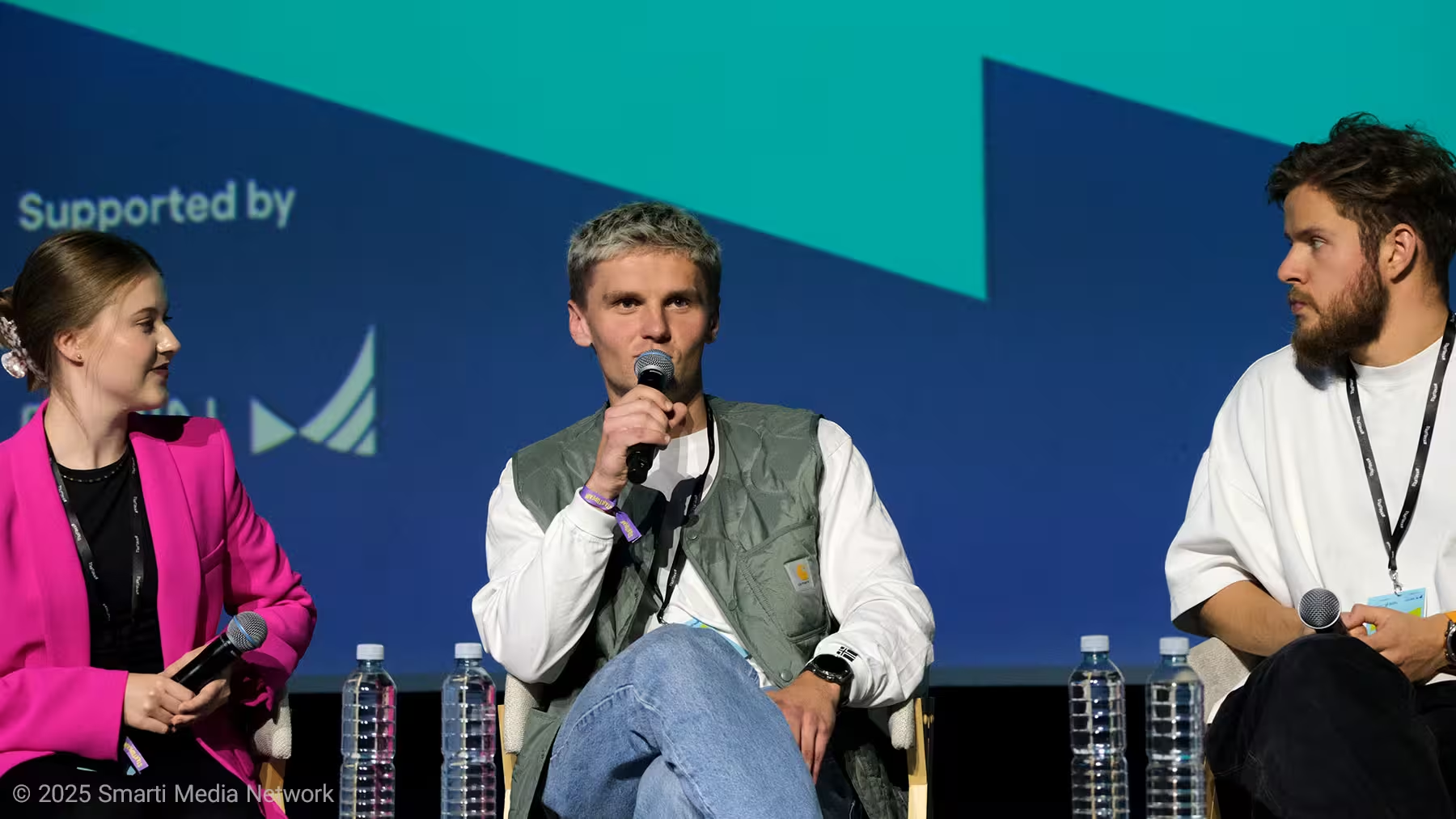
The work ethic edge
Against well-funded rivals, the panel sees endurance as a Baltic advantage. Fewer distractions, a bias toward long deep-work blocks, and a willingness to run longer at a consistent pace can become a competitive edge. Velocity matters, but sustained velocity matters more.
Start messy, learn in public
Final one-liners from the stage echoed a shared mantra:
Start messy, do not overthink.
Have fun and keep it playful.
Choose your game, know its levels, and get good at moving up.
Those lines were not mere slogans. They map to how these teams design their week, default to action, and build products that improve in front of users.
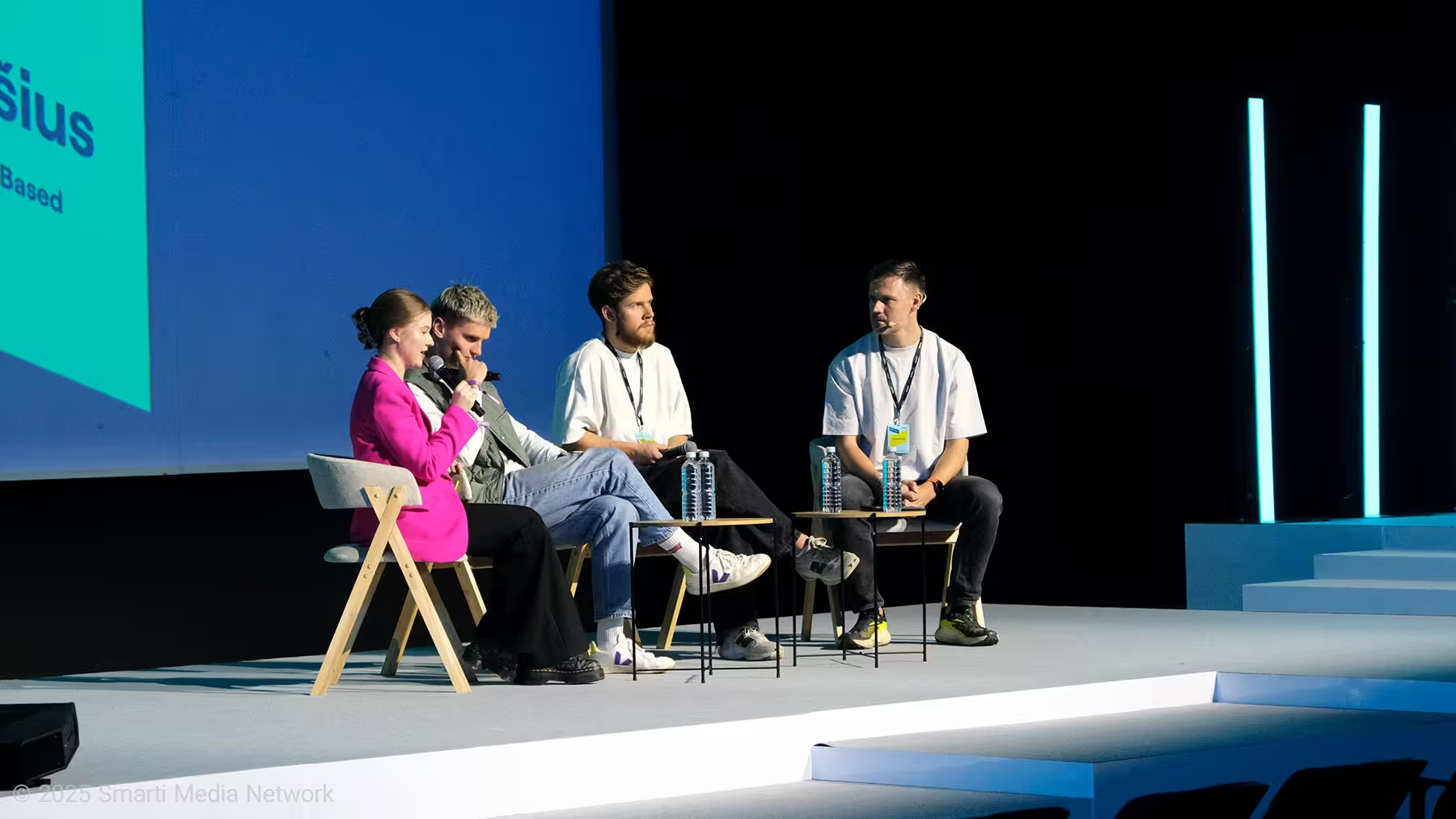
Part 2 — Practical Playbooks and Operator Checklists for AI-First Teams
The conversation yielded several concrete practices. This second part turns their philosophy into checklists any early founder can put to work.
1) Make AI your team’s first responder
Create a shared prompt library for common tasks, from debugging to market research.
Teach everyone to structure queries: problem, constraints, artifacts, desired output, and evaluation criteria.
Add one field to every ticket: what the model advised, what you tried, what you learned.
Outcome: fewer interruptions, faster first drafts, and a searchable trail of experiments.
2) Build a weekly feedback rhythm
Name one owner for the feedback loop.
Every Friday circulate a one-pager: top three user signals, what we shipped, what changed, what we are testing next.
Push those learnings into the roadmap so the team sees how reality changes priorities.
Outcome: speed with steering.
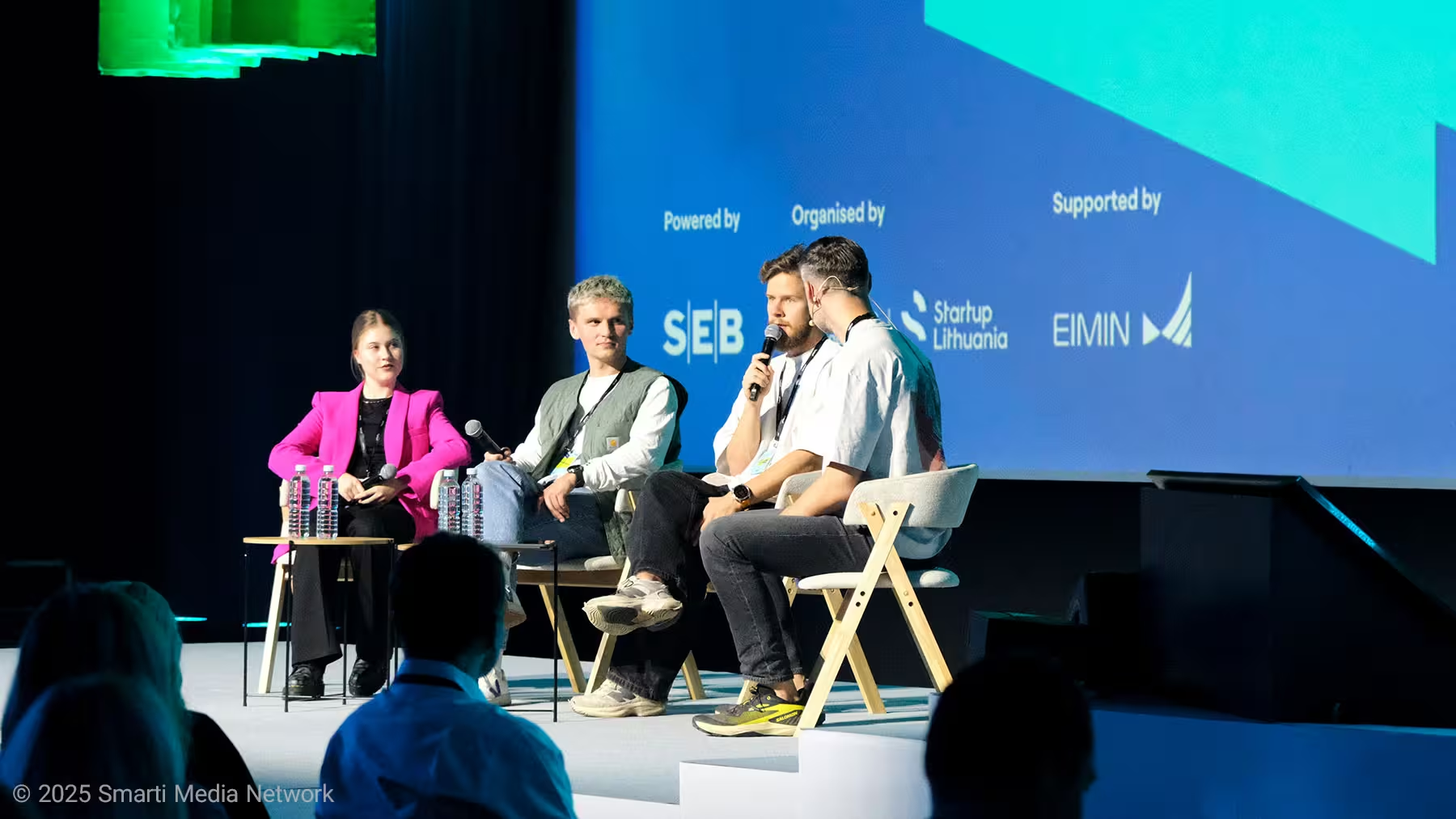
3) Keep the org flat, but make decisions explicit
For each area, document who decides, who must be consulted, and how decisions are reversed.
Replace long status meetings with short decision reviews that link to artifacts and metrics.
Let anyone escalate a blocker in writing and expect a 24-hour answer.
Outcome: autonomy without chaos.
4) Hire for learnability and energy
Replace credential screens with work-sample trials.
Interview for how candidates teach themselves with AI. Ask for transcripts or notebooks.
Evaluate fit with a week-long paid sprint on a real ticket, not a toy exercise.
Outcome: builders who get better while they ship.
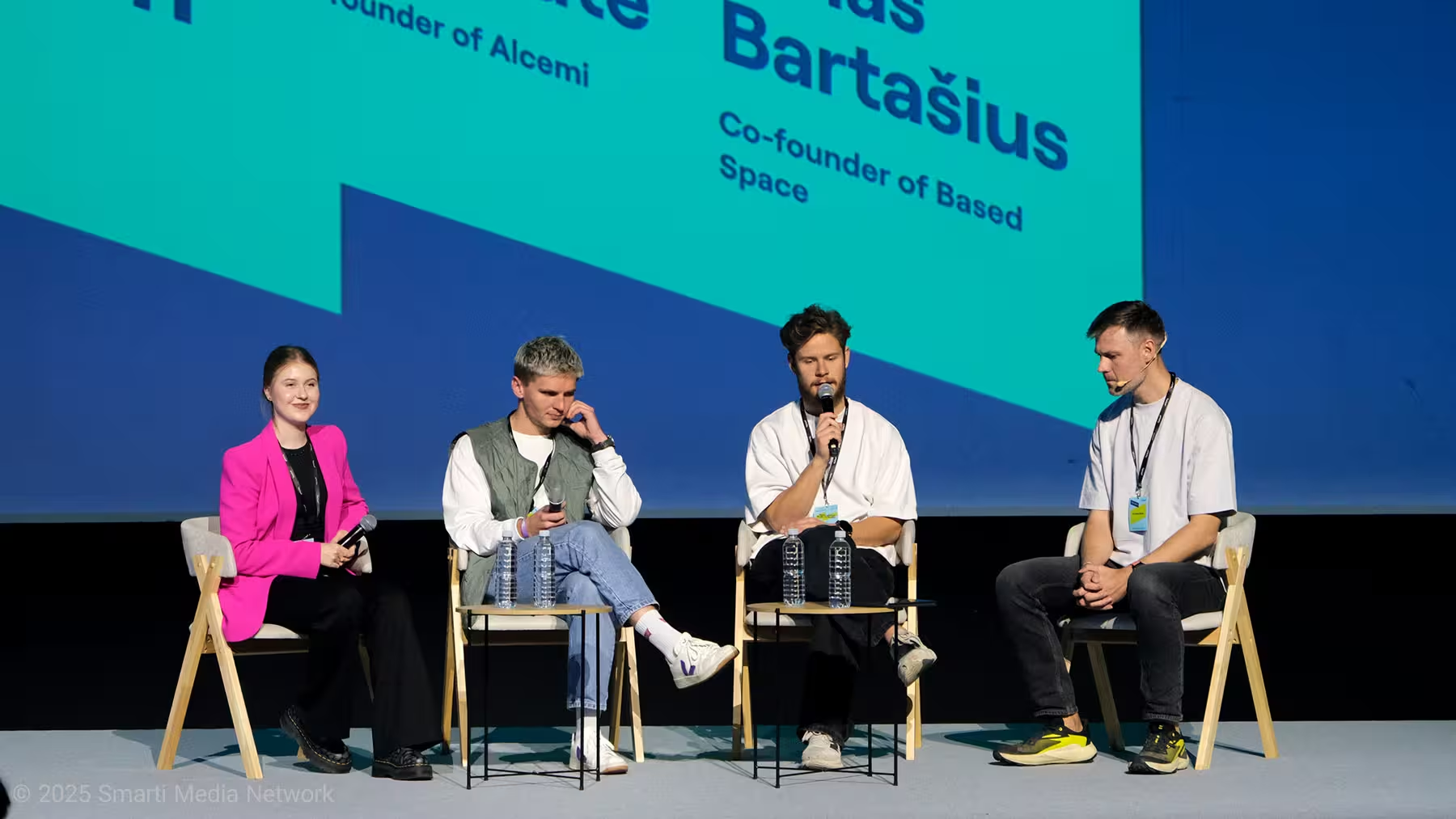
5) Design inclusion into daily work
Default to written, AI-searchable runbooks, not oral tradition.
Mandate maker time for everyone, not only engineers.
Open office hours led by founders for first-time technologists and women exploring AI roles.
Outcome: a wider on-ramp that actually produces contributors.
6) Define your product as a game and level up deliberately
Borrowing from the OpenAI Dev Day insight Jonas cited, treat progress like leveling in a game:
Level 1 — Learning: ship a thin slice that solves one user job. Measure time to first value.
Level 2 — Skill: improve success rate and reduce hand-holding. Measure task completion without prompts.
Level 3 — Mastery: expand the frontier. Measure user outcomes, not feature usage.
Outcome: a language for progress that the whole company can align around.
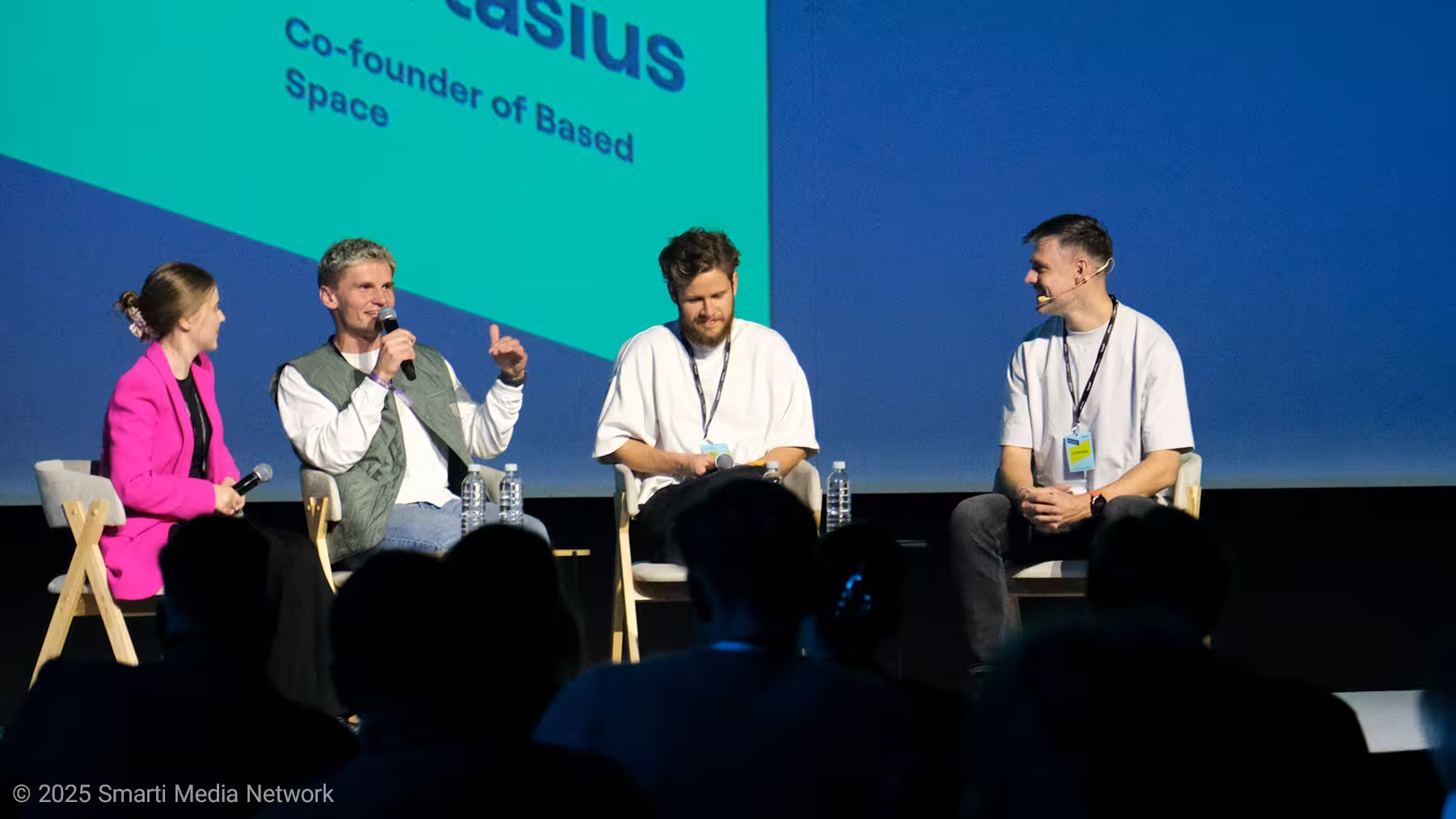
7) Decide your default growth story
If you are in a fast moving space and can show retention and engagement quickly, bias to global growth.
If your problem is complex and needs more trust, bias to depth with a narrow segment first.
In both cases, publish a simple narrative: who we serve, what we improve, how we prove it every week.
Outcome: investors and hires can self select, and customers can tell your story back to you.
8) Codify your endurance
Run a quarterly cadence plan that balances sprints with recovery weeks.
Automate toil so your deep work hours stay sacred.
Use metrics that reward sustained improvement over peaky heroics.
Outcome: compounding outperforms spurts.
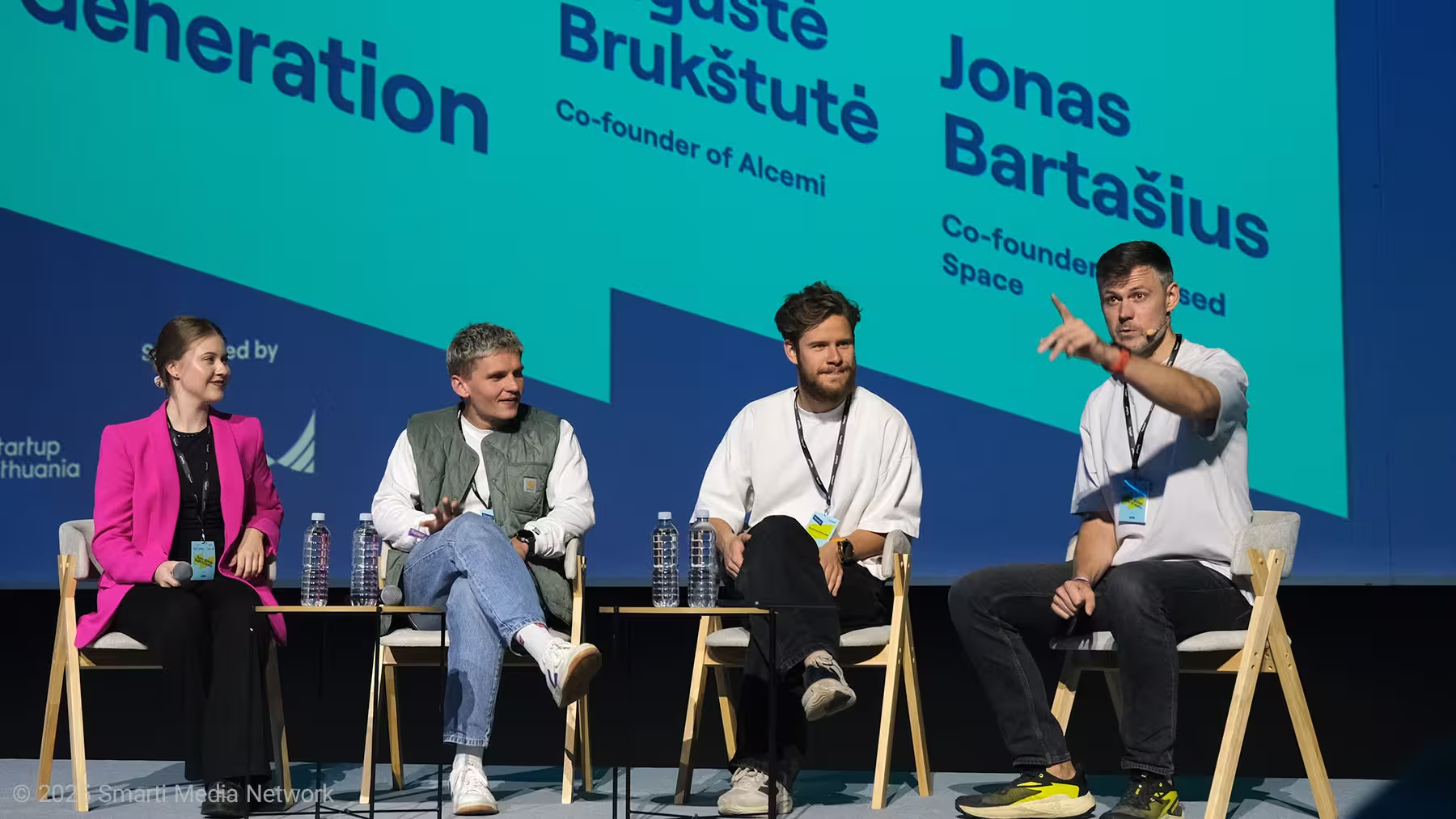
What this means for Lithuania and the Baltics
Small markets create global habits: English-first products and outbound motion are default, not aspiration.
Communities are the accelerator: Micro-pods of founders at similar stages transfer learning across days, not years.
Institutions matter: Strong rules of the game reduce friction. The next job is editing those rules for an AI-native economy without losing trust.
Final takeaway
The AI-first generation is not waiting for better conditions. They are using cheap intelligence, flat teams, and relentless feedback loops to move faster than permission cycles. They respect what came before, are grateful for the platform they inherited, and are exercising the willpower to write the next rules.
If you want a single sentence that captures the mood on the Core Stage in Vilnius: ship now, listen hard, level up, and let the culture learn as quickly as the code.
Comments
deepmotor
I've shipped tiny AI features, starting messy works. But public iteration can bite if you dont set guardrails. quick thought, balance speed + trust
labcore
Is AI really lowering entry barriers for everyone? sounds right for some, but access, data and capital still matter. If that's real then who polices quality, and what about long term retention vs quick hacks?
Marius
Flat org, feedback owners, AI as first responder. Solid playbook. Still skeptical about speed vs depth tho, needs discipline
atomwave
wow that panel sounded electric! ship now, learn fast, culture as code, love the radical energy, but hope they protect founders from burnout 🤔

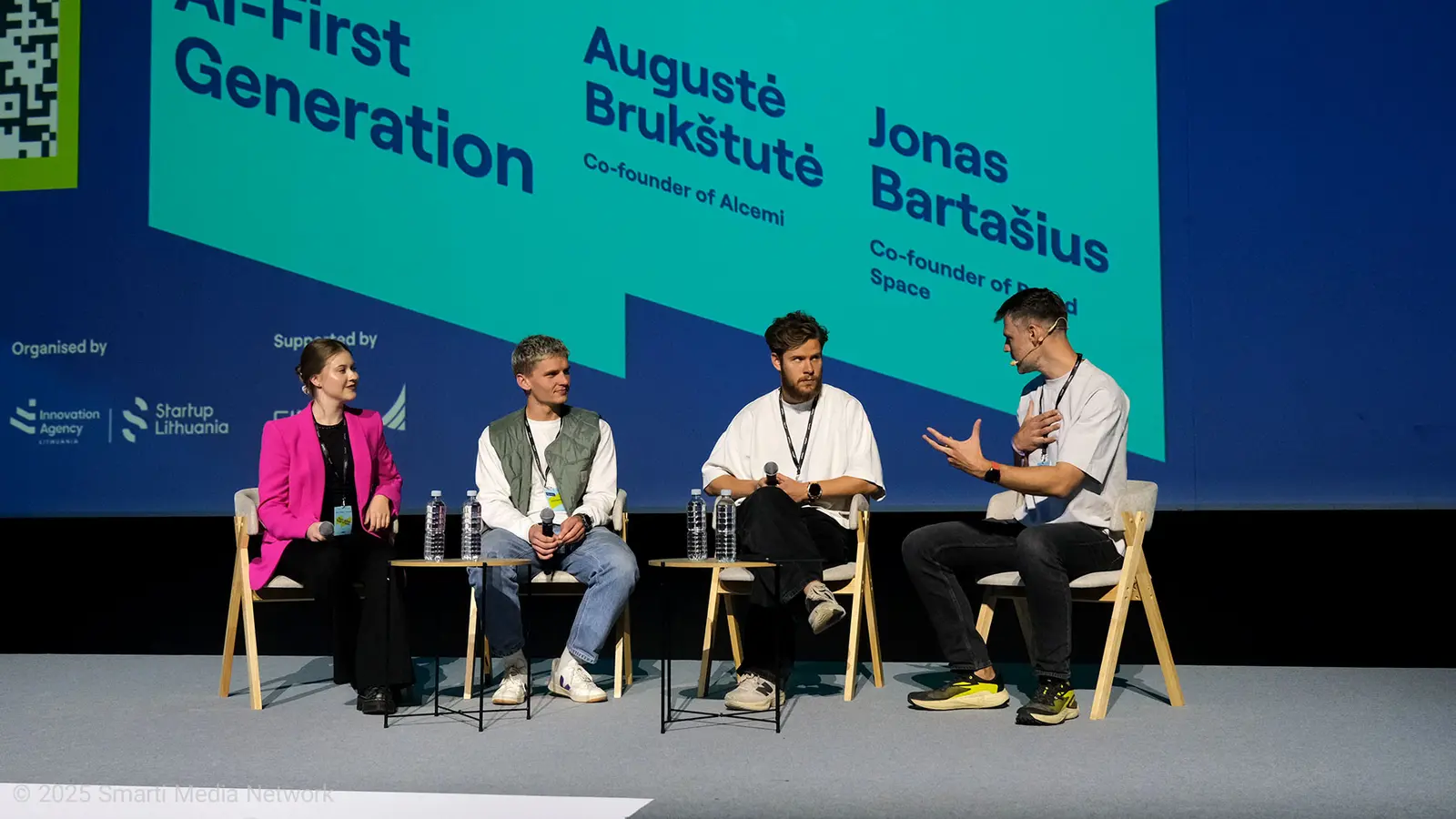
Leave a Comment